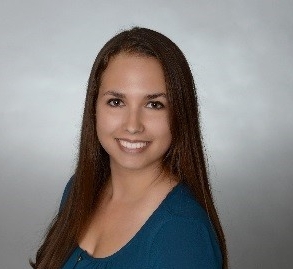 Margeau Jong '15, '27 Margeau Jong '15, '27
Margeau Jong '15, '27 Margeau Jong '15, '27
Margeau Jong '15, '27
M.Ed. in Educational Research, Measurement, and Evaluation; Ph.D. in Measurement, Evaluation, Statistics, and Assessment

Where do you work after graduating from the program?
I spent five years working as the the Vice President for Analytics and Consulting Solutions at Maguire Associates. Now, I've returned to Boston College to pursue my Ph.D. in Measurement, Evaluation, Statistics, and Assessment at the Lynch School.
What did you do in your role at Maguire?
I manage a team of analysts as we conduct research and use data to help educational institutions make strategic decisions. Some of my projects include building predictive models to help institutions meet their enrollment goals, crafting custom survey instruments to address branding and positioning issues, applying demographic trends to evaluate demand for a school or program, and synthesizing information across primary and secondary sources to develop effective recruitment and engagement plans.
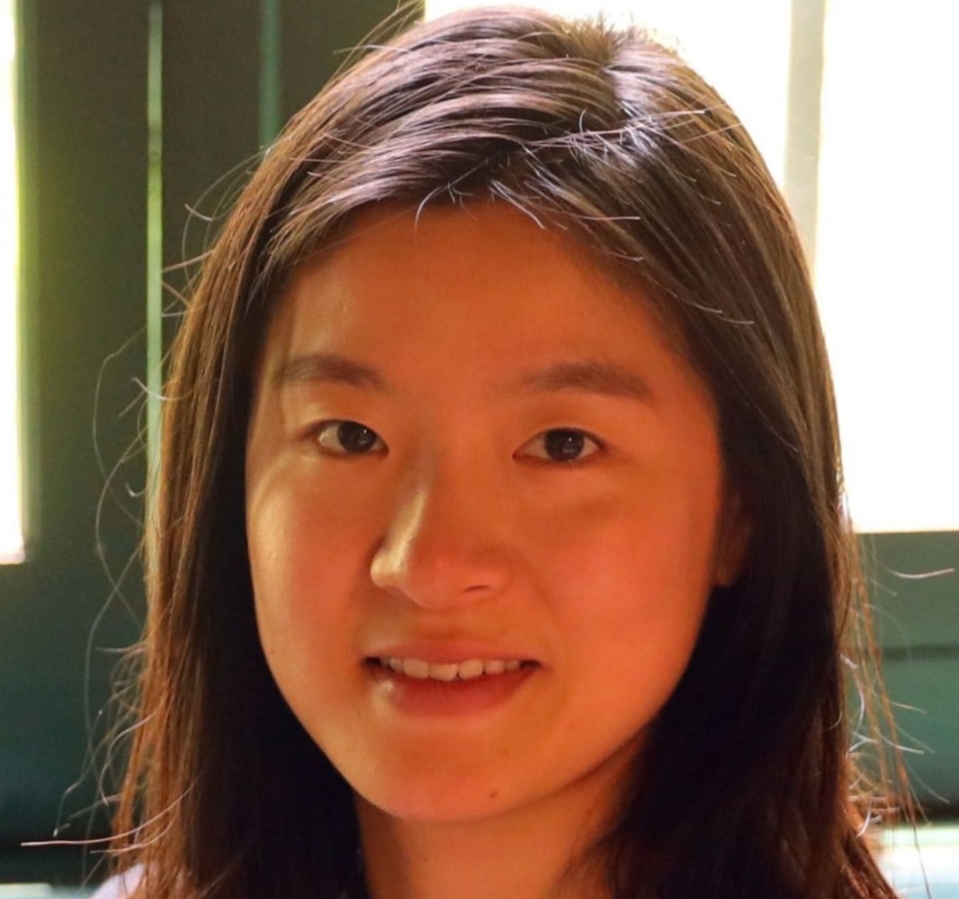 Mengtan Xu '14 Mengtan Xu '14
Mengtan Xu '14 Mengtan Xu '14
Mengtan Xu '14
M.Ed. in Curriculum and Instruction, Assessment and Measurement

What did you do for work after graduating from the program?
After graduation, I spent nearly six years working as a Research Director at Hanover Research. There, I designed and executed survey research studies for K-12 schools, higher education institutions, and private companies. For example, I took on project and client management responsibilities and I lead research design and operations for a pool of companies. In this role, I helped marketers and corporate strategists make product, brand, or market decisions.
What is your current role?
Now, I work as a Customer Insights Consultant for BlueCross BlueShield. Additionally, I am pursuing my M.B.A. from the Tepper School of Business at Carnegie Mellon University, where I'll graduate in May 2024.
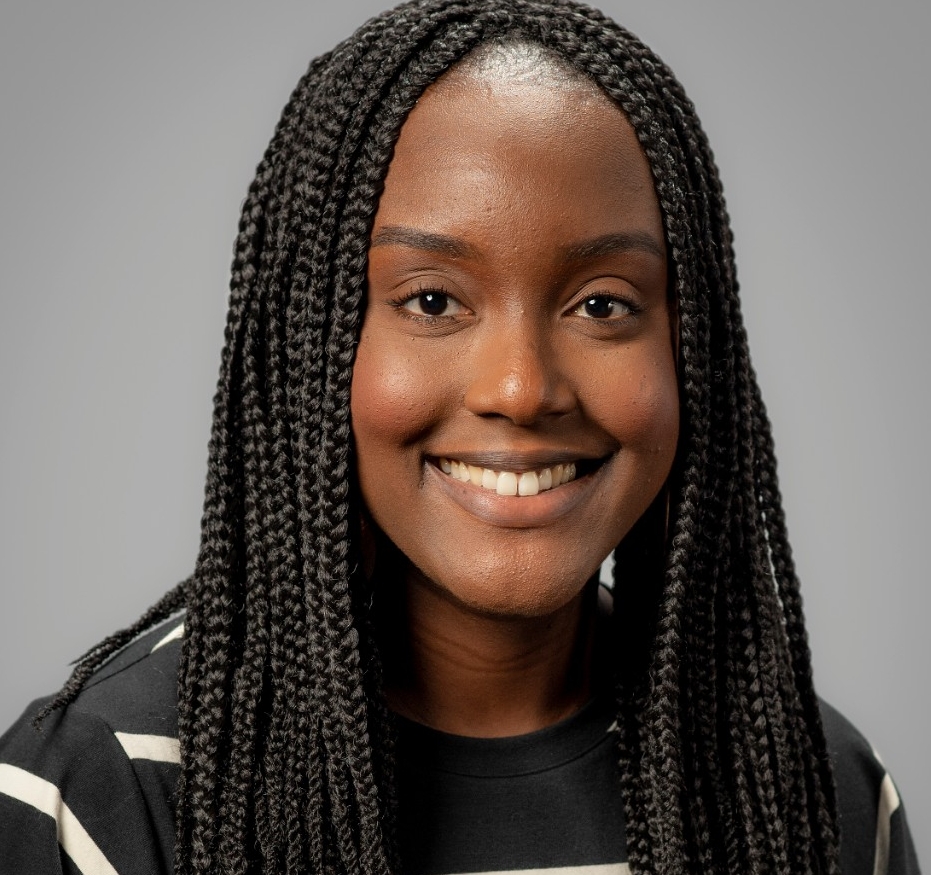 Ashley Metelus '18 Ashley Metelus '18
Ashley Metelus '18 Ashley Metelus '18
Ashley Metelus '18
M.Ed. in Measurement, Evaluation, Statistics and Assessment

What do for work after graduating from the program?
Currently, I am the Assistant Director of Evaluation in the Department of Medical Education at the Morsani College of Medicine at the University of South Florida. I am part of the Assessment and Evaluation Team in which I am responsible for student, faculty, and course evaluation data. My main responsibilities are managing our evaluation database, creating and revising evaluations and surveys, performing qualitative and quantitative analyses, and analyzing and reporting national surveys.
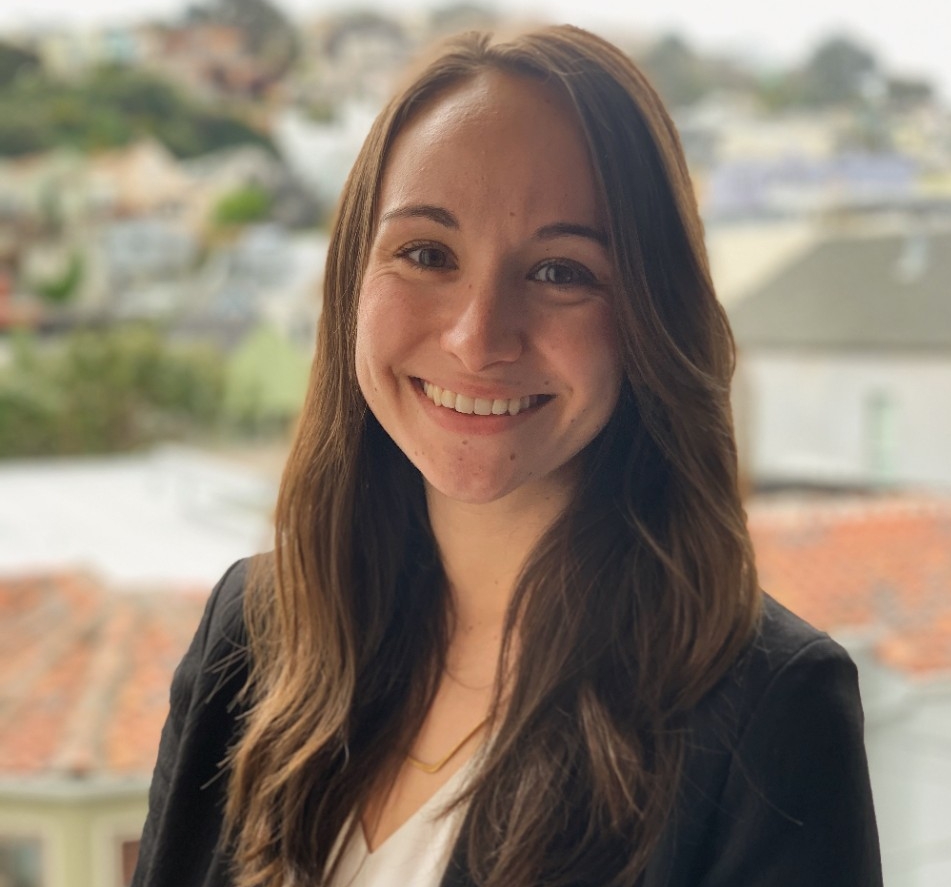 Jessica Triant '17 Jessica Triant '17
Jessica Triant '17 Jessica Triant '17
Jessica Triant '17
M.Ed. in Educational Research, Measurement, and Evaluation

Where do you work after graduating from the program?
As a Senior Research Associate at WestEd, I manage and support a number of small to large scale research and evaluation grants in the Science, Technology, Engineering, and Mathematics (STEM) Program at WestEd. As project manager, I oversee data collection, assist with data analysis and report writing, manage project timelines and meetings, and supervise research assistants and other project staff as needed. I work closely with Principal Investigators to ensure successful completion of all project tasks while adhering to the study design.
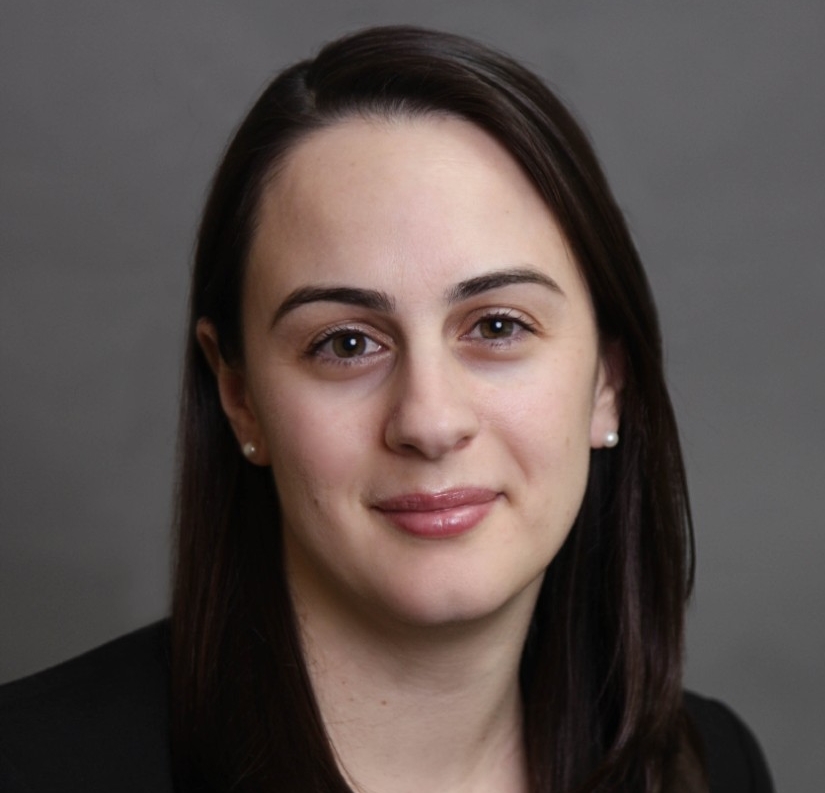 Kyle DeMeo Cook '08, '17 Kyle DeMeo Cook '08, '17
Kyle DeMeo Cook '08, '17 Kyle DeMeo Cook '08, '17
Kyle DeMeo Cook '08, '17
M.Ed. in Measurement, Evaluation, Statistics and Assessment, Ph.D. in Applied Developmental and Educational Psychology

Where do you work after graduating from the program?
After the program, I began working as an Assistant Professor at St. John's University School of Education. I taught research methods courses to graduate students in the School of Education covering quantitative, qualitative, and mixed methods topics. I also mentored doctoral students as they design and conduct their dissertation research. My own research focuses on early education.
What do you do now?
I'm now working as a Research Assistant Professor in the Educational Leadership and Policy Studies Department at Boston University Wheelock College of Education & Human Development.
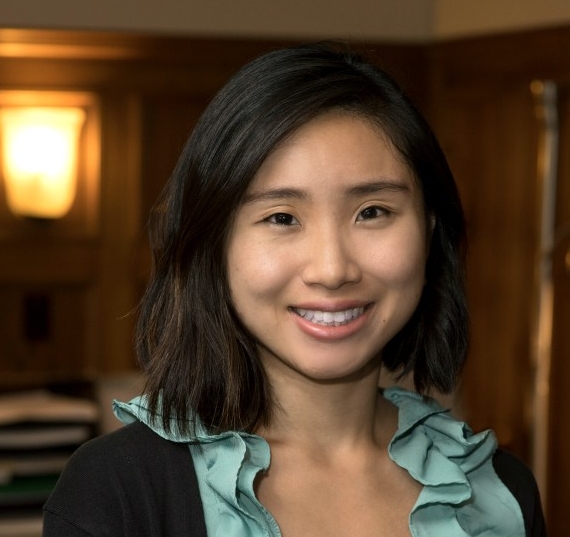 Jenny Liu '17 Jenny Liu '17
Jenny Liu '17 Jenny Liu '17
Jenny Liu '17
M.Ed. in Educational Research, Measurement, and Evaluation

What did you do for work after graduating from the program?
As Research Associate at Lexia Learning, I worked on a research team that conducts formal evaluations on the impact and efficacy of our literacy products. I lead data collection efforts and developed various research instruments, including educator surveys and classroom observation protocols. I was also involved in writing briefs and disseminating findings from our studies.
What is your current role?
Now, I work as a Project Leader at NewYork-Presbyterian Hospital.
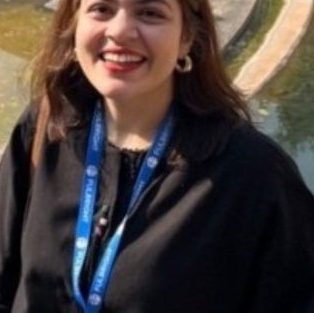 Zummer Mumtaz '23 Zummer Mumtaz '23
Zummer Mumtaz '23 Zummer Mumtaz '23
Zummer Mumtaz '23
M.Ed. in Research and Evaluation Methods

The Lynch School fosters a highly welcoming culture that encourages student participation in research endeavors.
What has been the most impactful course you've taken in the program, and why?
Qualitative Research Methods, instructed by Dr. Scott Seider, is notably comprehensive, offering a wealth of information and practical application across various qualitative methodologies. Dr. Seider excels in creating an engaging and productive learning environment. This course provides students with valuable opportunities to explore their research in depth through discussions with guest speakers.
What is one piece of advice you have for incoming students?
Explore your area of interest in terms of research and career, allowing academic resources to propel you further.
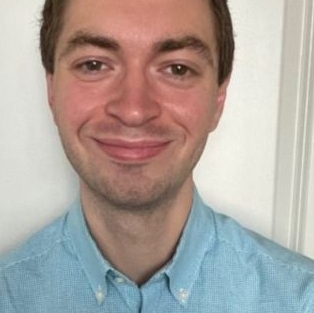 Connor Rooney '23 Connor Rooney '23
Connor Rooney '23 Connor Rooney '23
Connor Rooney '23
M.Ed. in Educational Research Methodology

I chose the MESA program for its focus on mixed methods research strategies as well as its emphasis on statistical competencies. I was confident that the program would strengthen my skills as a public policy researcher.
What has been the most impactful course you've taken in the program, and why?
Design of Experiments and Causal Inference. This course was a tremendous overview of study design through the lens of quantitative research, which is very central to my work at Mathematica. Projects were engaging and centered on simulating a real research plan that can actually be carried forward and deployed.
What is one piece of advice you have for incoming students?
Take advantage of the proximity of the faculty and the intimate nature of the courses. Learn about the research professors and other students are doing and find the intersectionality with your own interests and background. The Lynch School is home to several faculty members and research centers that are renowned in the fields of research and assessment.
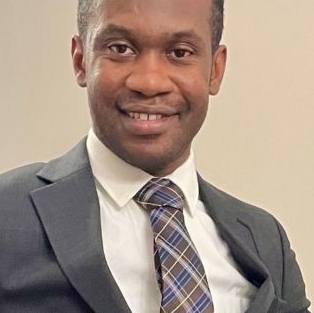 Chukwuebuka Emmanuel Madu '26 Chukwuebuka Emmanuel Madu '26
Chukwuebuka Emmanuel Madu '26 Chukwuebuka Emmanuel Madu '26
Chukwuebuka Emmanuel Madu '26
M.A. in Research and Evaluation Methods

I would advise incoming students to take delight in the programs they have chosen to study and to find joy in participating in the activities organized by the Lynch School. Such openness is essential for fully internalizing and appreciating the various aspects of training or formation that the Lynch School so generously offers.
Why did you choose the program?
I chose the master’s degree program in Research and Evaluation Methods to develop strong and competitive quantitative and qualitative research skills that will support my academic and professional growth. After completing the program, I intend to pursue a Ph.D. and use it to contribute to the transformation of research and evaluation practices in education and other fields of human development. I am especially passionate about making an impact in disadvantaged and developing nations, where such work is most needed.
Are you enrolled full time or part time? If part time, what work have you been doing alongside the program?
I am enrolled full-time and currently work as a content tutor with Student-Athletes Academic Services on campus.
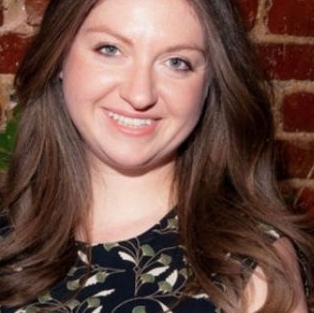 Elaina DiCorpo '24 Elaina DiCorpo '24
Elaina DiCorpo '24 Elaina DiCorpo '24
Elaina DiCorpo '24
M.A. in Research and Evaluation Methods

The MESA program offers versatility in its training; graduates can shape topic areas of their choosing. It is important to consider potential professional interests early to maximize exposure while on campus. I encourage students to connect with their instructors, seek out collaborators in other departments, and take advantage of new challenges. Background knowledge can be created at any time, so don’t be afraid of your intellectual unknowns or undiscovered interests.
What do you do now, after graduating from the program?
I currently hold a two-year position as a Science and Data Policy Fellow within the U.S. Department of Health and Human Services. I have supported work by both the Office of the Assistant Secretary of Planning and Evaluation—soon to be recognized as the Office of Strategy—as well as the Administration for Preparedness and Response.
What was the most impactful course you took, and why?
Evaluation Practice shaped my thinking beyond simple analyses. Classical research and data analysis have a place in every sector, but applied work can require a nuanced understanding. Professor Emily Gates offers a variety of frameworks and lenses with which students may examine real-world problems. The course integrates the importance of mixed-methods approaches, examinations of assumptions, and collaborative strategies to evidence building. Professor Gates expertly handles socially complex issues, recognizing that programs, policies, and organizations present unique contexts. This preparation is critical to entering the workforce.